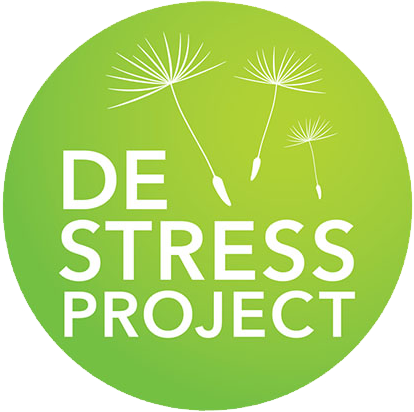DeStress2 – Implementing effective primary care responses to poverty related mental distress – Funder: (Hosted by PenARC)
Purpose: Mental health provision frequently reinforces health inequalities – in terms of poor access and inappropriate – and over-medicalisation when underlying stresses relate to broader social/structural issues. Whilst antidepressants can be helpful they often have side effects and can limit personal agency. This leaves communities and GPs conflicted and confused on how best to respond to poverty-related distress. In a context of rising deprivation and health inequalities greatly exacerbated by the impacts of COVID-19, it is important to identify how changes can be made to GP practice that can better support patients experiencing poverty-related mental distress whilst not placing additional burden on GPs.
The DeStress project involved researchers, community partners and healthcare professionals working together to understand: i) how austerity and welfare reforms affect mental health; ii) the treatments offered to and used by low-income patients, iii) people’s experiences of using these treatments, and iv) best practice in supporting low-income patients. Working together, we developed training resources for general practitioners (GPs) which incorporate and provide a framework for best practice techniques derived from the frontline. They include a ‘5 minutes to change your practice’ screencast published by the Royal College of GPs and a written resource document. Destress2 built on these findings to create and deliver a brief training session for GP practice staff.
Aims: To deliver DeStress2 training to GPs in three areas of England (Southwest, North London, Northwest Coast) with diverse population groups affected by poverty to understand whether and how healthcare professionals change their practice, and the impact of this for their patients.
Methods: Up to four focus groups with a maximum of eight people with lived experience of poverty-related distress were held in each region. These provided some contextual information of regional experiences. Staff within each practice were offered the training (usually delivered by a GP and community partner) during a practice meeting (30-60 mins) and asked to reflect on how these resources could support a change in consulting practice. We delivered the training to 17 practices in North West Coast and x altogether. The discussion that took place with staff as part of this training was used to understand prescribing practice and evaluate barriers and enablers to practice change. We are researching how the training is delivered and received and what changes result from this. We carried out short interviews with a sample of GPs (5 per ARC region) to establish their experience of delivering the adapted consultation. We also used a questionnaire and short interview with patients to understand how they experience the adapted consultation.
Results: We monitored uptake of training and measured how well the new style of delivery is achieved, as well as collecting patient and GP experiences. We will look for best ways to deliver the training and how communities can support delivery. We are currently developing a training package for primary care staff based on these findings. This will be finalised by the end of 2023.
For more information, please contact Kathryn Berzins kberzins@uclan.ac.uk or visit the website – http://destressproject.org.uk/ http://destressproject.org.uk/
http://destressproject.org.uk/